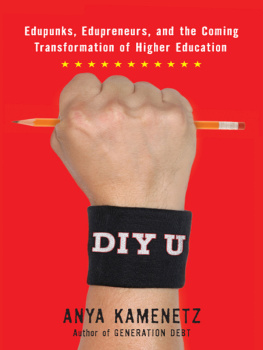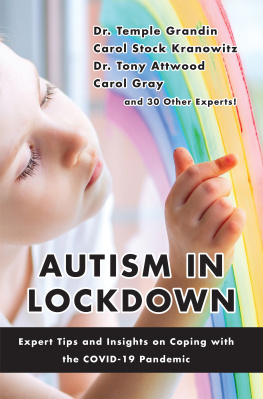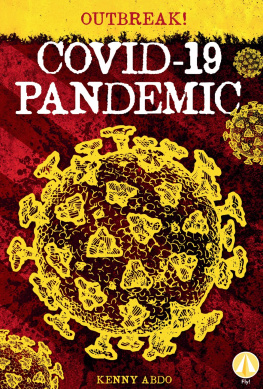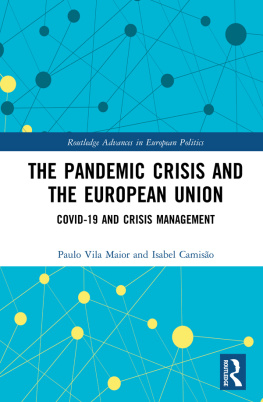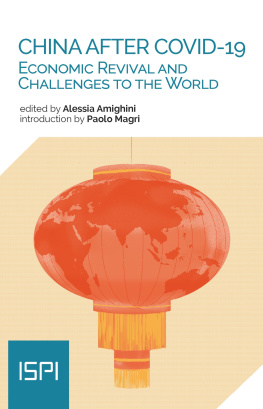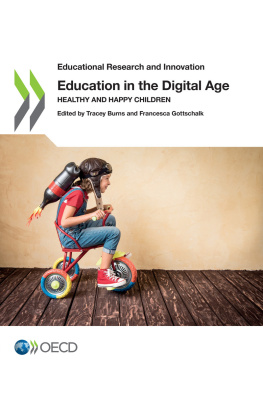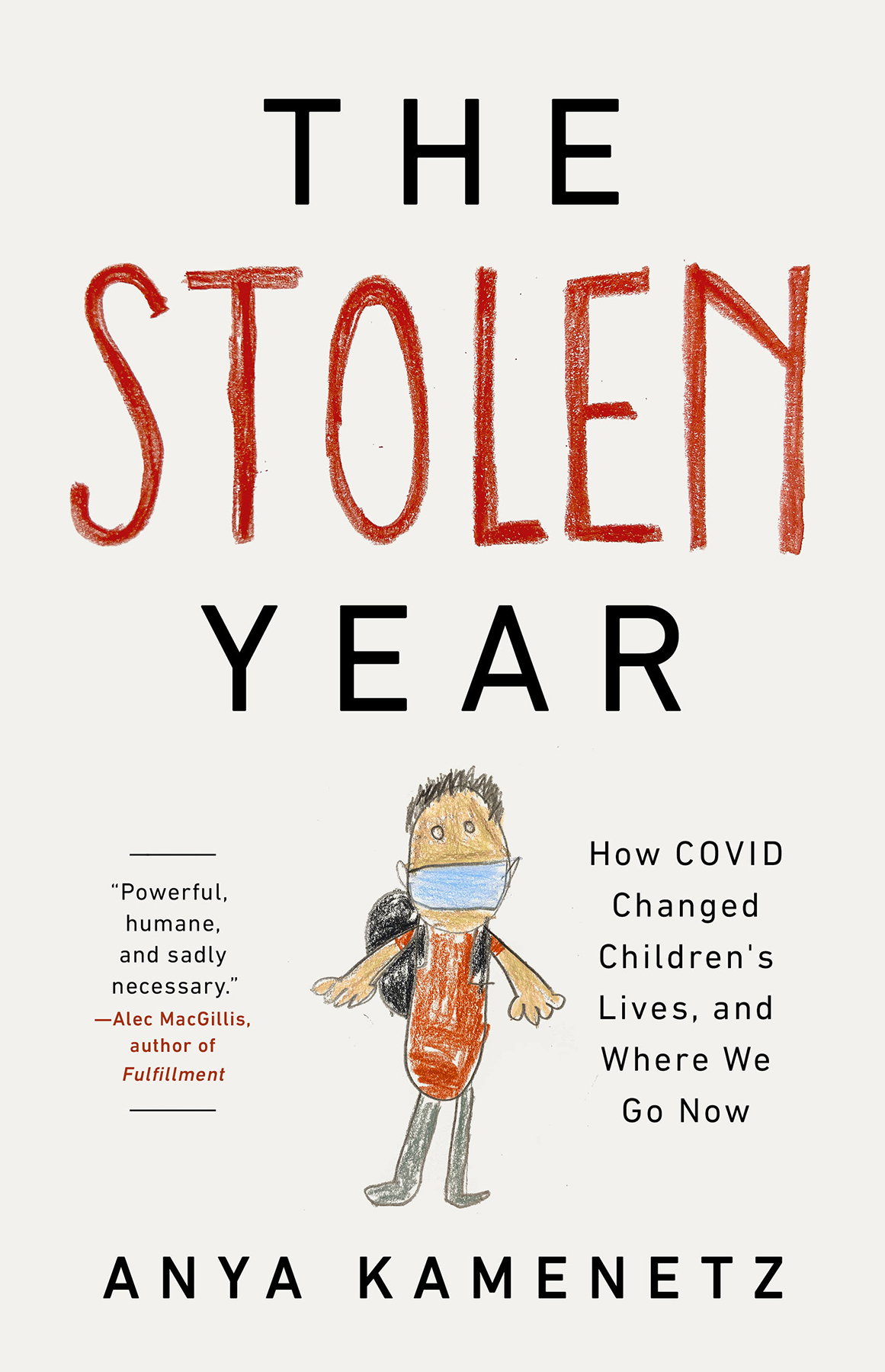Anya Kamenetz - The Stolen Year: How COVID Changed Childrens Lives, and Where We Go Now
Here you can read online Anya Kamenetz - The Stolen Year: How COVID Changed Childrens Lives, and Where We Go Now full text of the book (entire story) in english for free. Download pdf and epub, get meaning, cover and reviews about this ebook. City: New York, year: 2022, publisher: PublicAffairs, genre: Science. Description of the work, (preface) as well as reviews are available. Best literature library LitArk.com created for fans of good reading and offers a wide selection of genres:
Romance novel
Science fiction
Adventure
Detective
Science
History
Home and family
Prose
Art
Politics
Computer
Non-fiction
Religion
Business
Children
Humor
Choose a favorite category and find really read worthwhile books. Enjoy immersion in the world of imagination, feel the emotions of the characters or learn something new for yourself, make an fascinating discovery.

- Book:The Stolen Year: How COVID Changed Childrens Lives, and Where We Go Now
- Author:
- Publisher:PublicAffairs
- Genre:
- Year:2022
- City:New York
- Rating:5 / 5
- Favourites:Add to favourites
- Your mark:
The Stolen Year: How COVID Changed Childrens Lives, and Where We Go Now: summary, description and annotation
We offer to read an annotation, description, summary or preface (depends on what the author of the book "The Stolen Year: How COVID Changed Childrens Lives, and Where We Go Now" wrote himself). If you haven't found the necessary information about the book — write in the comments, we will try to find it.
The onset of COVID broke a 150-year social contract between America and its children. Tens of millions of students lost what little support they had from the governmentnot just school but food, heat, and physical and emotional safety. The cost was enormous.
But this crisis began much earlier than 2020. In The Stolen Year, Anya Kamenetz exposes a long-running indifference to the plight of children and families in American life and calls for a reckoning.
She follows families across the country as they live through the pandemic, facing loss and resilience: a boy with autism in San Francisco who gains a foster brother and a Hispanic family in Texas that loses a member to COVID, and finds solace when they need it most. Kamenetz also recounts the history that brought us to this point: how we thrust children and caregivers into poverty, how we over-police families of color, how we rely on mothers instead of infrastructure. And how our government, in failing to support our children through this tumultuous time, has stolen years of their lives.
Anya Kamenetz: author's other books
Who wrote The Stolen Year: How COVID Changed Childrens Lives, and Where We Go Now? Find out the surname, the name of the author of the book and a list of all author's works by series.

